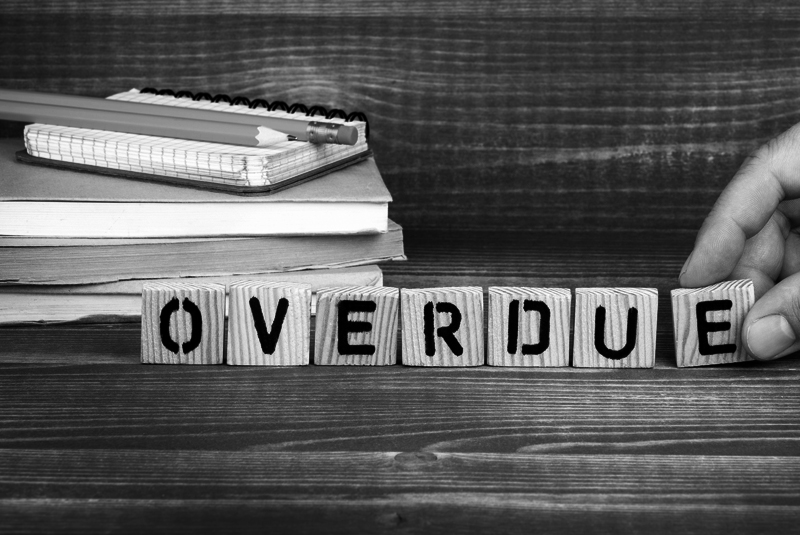
Are late payments an issue for your business? Lee Murphy, founder of Pandle, explains how you can look to avoid those awkward conversations with customers.
If you have had experience with late payers, private or commercial, you are not alone. Did you know that one in five insolvencies are the result of cashflow problems caused by late payments?
While there have been many government and industry initiatives to encourage prompt payment, the truth is if you want to get paid on time there is much you can and should do to help yourself.
Get organised
Keeping on top of who owes you what and when can be challenging if you are not organised or use “old tech” paper and Excel spreadsheets.
The general rule is the longer you leave a payment before chasing, the less likely you are to be paid. At the very least, have a diary and reminder system with a clear list of what is due and when you will call and chase them. Better still, automate as much as possible and give the rest to someone else to free up your time.
The good news is there are plenty of online tools available to support you in your efforts, many of which are free. Pandle, for instance, can automate the process of chasing and reminding clients for you.
It’s our experience that most late payments aren’t cynical but down to a lack of organisation. If you get a good reminder system in place, you will be closer to getting your hard-earned cash.
Beware, we have come across self-employed people who only discovered that large invoices had not been paid when their accountant checked their books at the end of the year… 12 months after payment was due! Make sure this isn’t happening to you.
Be clear
Having a standard payments policy that customers are asked to sign before you start the job will help, should payment problems arise further down the line. It will be the same for everyone, so a standard note on your estimates, or a link to an online page.
If you send a letter of appointment or contract, make sure it is mentioned on this. If you ask customers to sign the document, it is an enforceable contract that you can rely upon should matters take a turn for the worse.
As well as details of what your costs cover, the policy should also tell customers about your payment terms. If you expect to be paid upon completion, make sure your customers are clear on this. You may also want to ask for a deposit up front, so you are not left out of pocket should the job fall through.
Making it easier for private customers to pay you will help them pay on time. Offering mobile payments will mean that some will be able to pay while you are still at the job.
For commercial jobs you could offer discounts to those who settle invoices early and penalties for late payers.
Beware your customers!
How long do you allow customers to pay you? If your business is using too many net days – that is the number of days until you receive the payment – then you could be storing up trouble for later.
Reducing your net days will quickly boost your cashflow.
Accepting a larger contract might seem appealing as they can be profitable, but make sure you work out the impact on your cash flow before agreeing to work. Can you afford to wait 66 days for payment and what impact will it have on your ability to move on to the next job?
Most businesses that go insolvent are profitable, they just don’t have the money in the bank to pay the bills. If the payment terms are bad and will put you under pressure, think about whether it is worth the risk.
What if the customer still doesn’t pay?
If you have people who won’t pay, then lots of phone calls and emails are the starting point –and clearly turning up at their house for domestic clients works well.
You will want to refuse any future work until the bill is settled. After that, it is legal channels, which sadly can be slow moving and involve more cost. Remember to stay professional. You trade on your reputation, so being confrontational with customers could be damaging as well as aggravating for you.
By automating the system with the software available and leaving the chasing to others you will find more time to focus on making your business a success, with more bills being paid earlier, and that is good for you and your customers.













